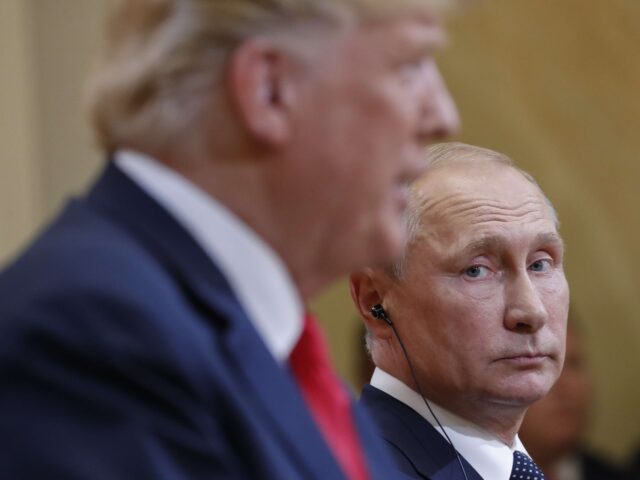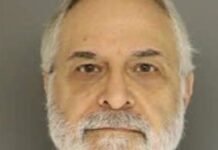Russia became more interested in a prisoner swap with the United States after it became clear that Donald Trump could return to the White House, according to the Wall Street Journal, whose reporter, Evan Gerskovich, was freed.
The Journal noted Saturday that “Moscow’s concerns about a potential Trump presidency speeded up the deal.”
It added:
The German negotiation team was led by the deputy chief of the foreign secret service BND Philipp Wolff, a former prosecutor who joined the intelligence agency in 2007.
Wolff’s team saw an opening when their Russian counterparts said they wanted to wrap up the deal before the U.S. election in November. Some officials deduced that the Russians were either concerned about an unpredictable Donald Trump coming again to the presidency, or they feared that [German Chancellor Olaf] Scholz would no longer be willing to help a president who rarely misses an opportunity to criticize Germany.
At the Republican National Convention in Milwaukee last month, Trump notably said: “And to the entire world, I tell you this, we want our hostages back — and they better be back before I assume office, or you will be paying a very big price.”
Trump has prided himself on freeing Americans held abroad without being forced into lopsided exchanges such as those the Biden administration has accepted — and which, critics say, provide incentives for more hostage-taking in future.
In 2018, Turkey released Ameican pastor Andrew Brunson after Trump threatened to hit the Turkish economy with tough economic sanctions.
Russia may have preferred to negotiate with the more pliant Biden administration, which had shown its willingness in the past to trade valuable, even dangerous, convicts for Americans held abroad.
The Biden prisoner swap still left many Americans behind in Russian prisons, the Journal noted separately.




